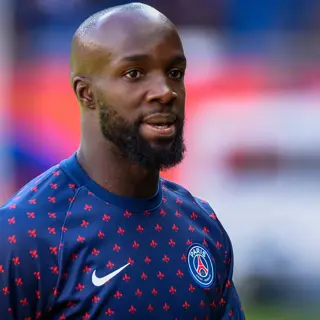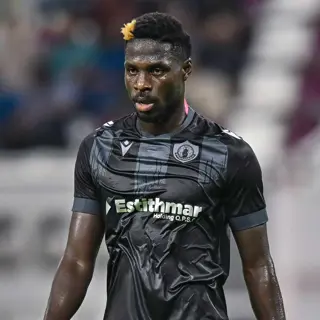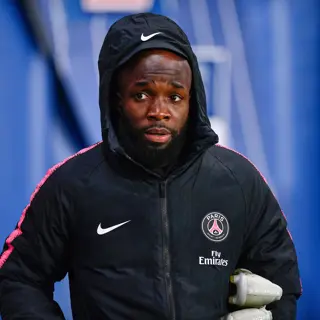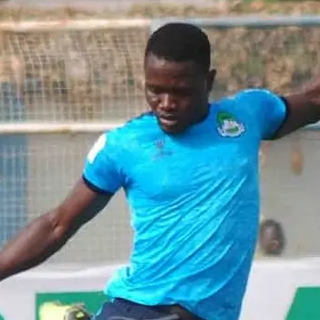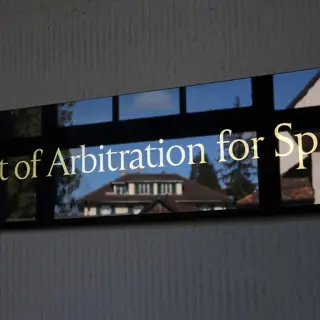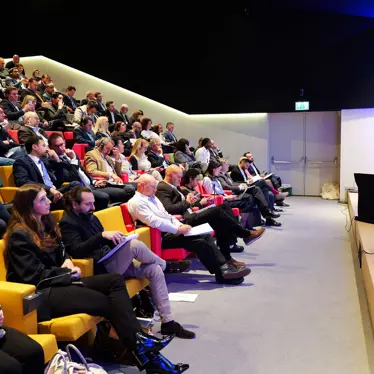Legal Representation

Legal Aspects of FIFPRO's Work
Football’s legal framework is different from other industries. Professional footballers should in most cases file employment-related claims before recognised football tribunals. If you are a member of a national player association, you should always turn to this association for legal advice first.

How Footballers Can Defend Their Rights


The FIFA Dispute Resolution Chamber (DRC) is one of FIFA's Football Tribunals, an independent body that adjudicates international disputes between players and clubs, including issues like contract breaches, non-payment of wages, and training compensation.
The DRC operates on the principle of equal representation for both players – judges nominated by FIFPRO – and clubs, presided over by an independent chairperson, and makes decisions based on the written submissions of the parties involved. For certain disputes there is a single judge appointed.
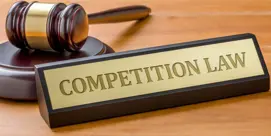
A national dispute resolution system for disputes between employees (players and/or coaches) and employers (clubs) is known as a national dispute resolution chamber (NDRC). The Regulations on the Status and Transfer of Players (RSTP) have long recognised that instead of submitting employment-related disputes to FIFA or seeking redress before a civil court, parties may opt to submit such disputes to a national dispute resolution system, provided that it meets the minimum and fundamental procedural requirements.
An NDRC must meet all fundamental procedural standards to protect all involved parties, in particular, the principle of equal representation between employers and employees. In order to provide legal certainty with respect to the way the NDRC operates, the member association has the obligation to adopt procedural rules that establish the organsation, composition and functions of its NDRC.
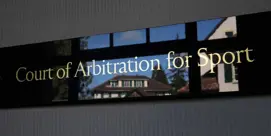
The Court of Arbitration for Sport (CAS) has two main procedures: the Ordinary Procedure for first-instance disputes, such as contractual issues, and the Appeal Procedure, which reviews decisions made by sports governing bodies and associations.
The Ordinary Procedure handles disputes from their outset, while the Appeals Procedure acts as a higher review, allowing parties to challenge decisions made by internal sports bodies in a unified forum. FIFPRO advises players and their unions about both procedures and, where necessary, will take on cases directly.
Need Legal Assistance?
If you are a member of a national player association, you should always turn to them for legal advice first.
